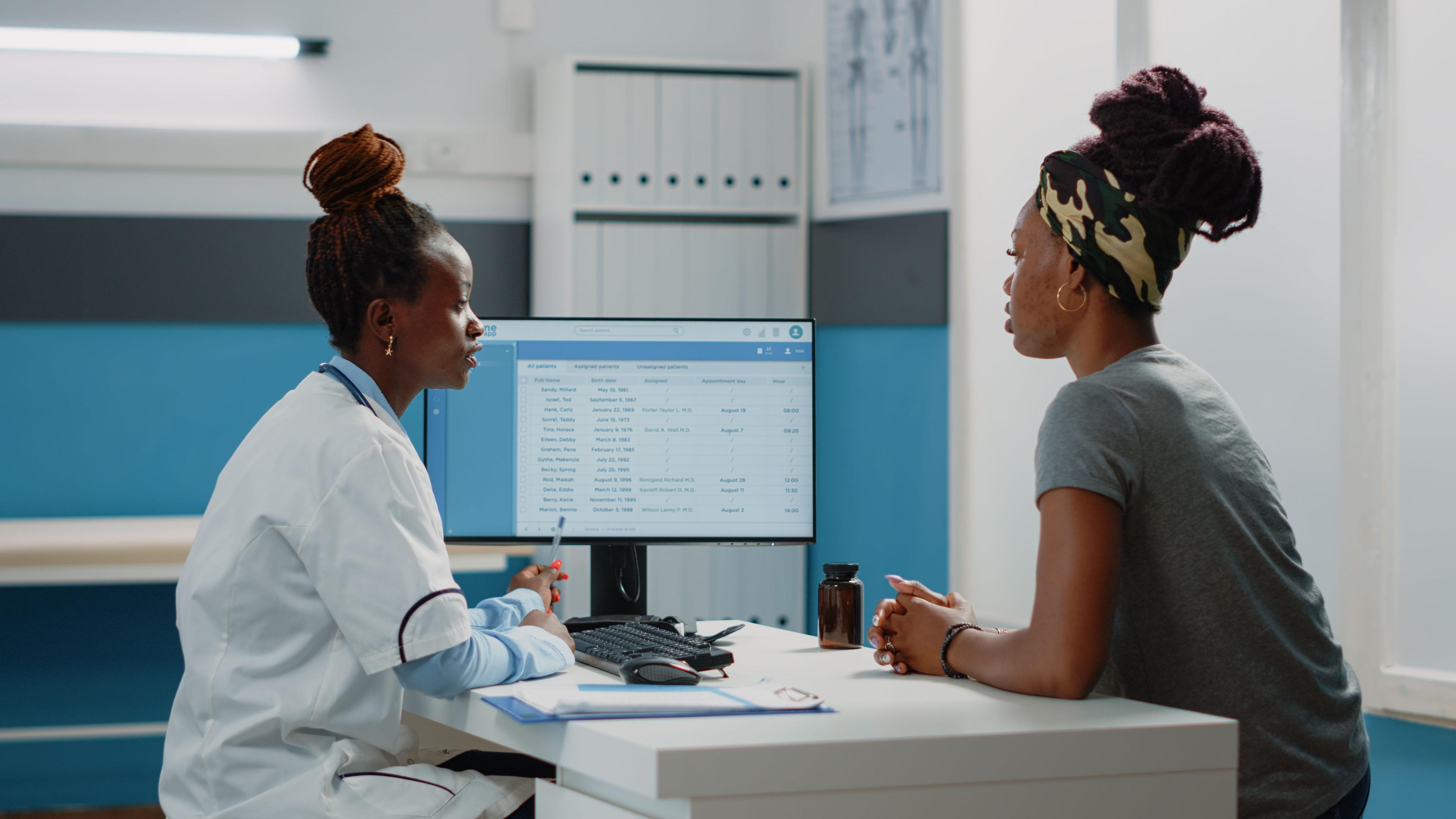Would you rather wait for an illness to strike or take action(s) before it does?
Many people wait till they're critically ill before visiting the hospital. They see no need for periodic visits and only deem it necessary when the situation must've escalated. This practice is dangerous and can cause dire consequences, including the loss of life.
Preventive healthcare requires that you take charge of your health, and what better way than to get regular medical check-ups?
What Is A Medical Check-up?
A medical check-up is a routine evaluation of a person's health by a trained medical professional. Through a series of tests and exams, a person would know what aspect of their health requires special attention and take care of it.
For example, a hypertensive patient wouldn't know they have high blood pressure till it's checked and confirmed by a medical personnel. Following confirmation, the hypertensive patient would be required to make lifestyle changes that would improve their health ultimately.
A general medical check-up includes the following:
- Taking of personal and medical history.
- Examination of the eyes, ears, mouth, nose and throat.
- Laboratory tests such as full blood count, urinalysis, blood glucose and cholesterol tests.
- Blood pressure checks.
- Examination of different parts of the body (underarms, neck and groin) for lumps.
- Examination of the heart, lungs and intestine with a stethoscope.
Depending on a number of factors, the doctor may carry out advanced investigations which include computer tomography (CT) scans, electrocardiogram (ECG) and electroencephalogram (EEG) testing, X-rays etc.
Why Should You Get A Regular Medical Check-up?
Here are a few reasons why you should take regular medical checks seriously.
- Early disease detection
Some diseases are silent killers. A person might have it and not know. With regular screenings, the doctor can pick up on signs of disease that might not be evident to the untrained eye. This way, a treatment plan is quickly developed, and the condition is properly managed. - Save unnecessary healthcare bills
When a disease is not detected early enough and has advanced to a chronic stage, the cost of treatment is expensive (to put it mildly). Medical costs can drain a person's income and make them financially debilitated. It is wiser to invest in regular medical check-ups which would save healthcare costs ultimately. - Improved quality of life
During check ups, your primary care physician will encourage you to take well thought out decisions. This include recommending healthy lifestyle changes and incorporating new habits into your daily activities. - Better doctor-patient relationship and trust
Sometimes, patients aren't comfortable with their doctors. Because of a lack of trust, or bond, they withhold sensitive information that can eventually preserve their health. With regular medical check-ups, a person can develop a healthy relationship with their doctor, allowing them to have open and transparent conversations that will improve their healthcare in the long run. - It helps you keep track of your health
When you go for periodic medical check-ups, it helps you to be more conscious of your health. You're more likely to make informed decisions and monitor different aspects of your health.
Even if you feel totally fine, you should still see your doctor regularly. These visits will preserve your health in the long run and protect you from harm.
We're rooting for you as you take bold and wise steps in your health journey.
